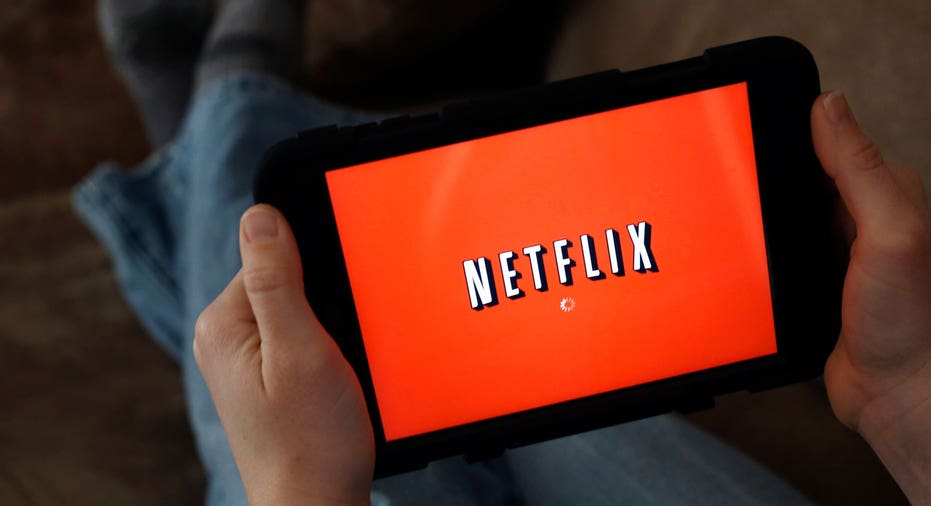Netflix hiking prices for its most popular plan

Streaming media company Netflix (NASDAQ:NFLX) announced on Thursday that prices for its most popular service will increase by 10%, affecting 53 million U.S. subscribers.
What's changing?
Netflix will now charge $11 per month instead of $10 for a plan that includes HD and allows up people to simultaneously watch programs on two different internet-connected devices.
The price for another plan that includes ultra-high definition, or 4K, video, is going up by 17%, to $14 from $12 a month. A plan that limits subscribers to one screen at a time without high-definition will remain at $8 a month.
The increase would be the first in two years for Netflix, although it won't seem that way for millions of subscribers. That's because Netflix temporarily froze its rates for long-time subscribers the last two times it raised its prices, delaying the most recent increases until the second half of last year for them.
Netflix isn't giving anyone a break this time around. It will start emailing notifications about the new prices to affected subscribers Oct. 19, giving them 30 days to accept the higher rates, switch to a cheaper plan or cancel the service.
Why prices are rising
The price increase are being driven by Netflix's desire to fatten its profit margins as it spends more money to finance a critically acclaimed slate of original programming that includes shows such as "House of Cards," ''Orange Is The New Black," ''Stranger Things," and "The Crown."
Those series' success helped Netflix land more Emmy award nominations than any TV network besides HBO this year. It's also the main reason Netflix's U.S. audience has nearly doubled since the February 2013 debut of "House of Cards" kicked off its expansion into original programming.
But paying for exclusive TV series and films hasn't been cheap. Netflix expects to spend $6 billion a year alone on programming this year, and the expenses are likely to rise as it competes against streaming rivals such as Amazon, Hulu, YouTube and, potentially, Apple for the rights to future shows and movies.
Both Amazon (at $99 per year, or about $8.25 per month) and Hulu ($10 per month) now offer lower prices than Netflix.
Will Netflix lose subscribers?
Netflix believes its price rate is justified by recent service improvements, such as a feature that allows people to download shows onto phones or other devices to watch them offline.
But Netflix subscribers have rebelled against price increases in the past, most notably in 2011 when the company stopped bundling its streaming service with its DVD-by-mail service, resulting in price increases of as much as 60% for customers who wanted both plans. Netflix lost 600,000 subscribers and its stock price plummeted by 80% in the subsequent backlash. The company rebounded strongly, though, propelling its stock from a split-adjusted low of $7.54 in 2012 to about $184 now.
And Netflix blamed a temporary slowdown in subscriber growth last year on the lifting of its price freeze on long-time customers who decided to drop the service rather than pay slightly more money.
Wedbush Securities analyst Michael Wedbush believes less than 10% of current subscribers will cancel Netflix as price rise again, but he predicts it will be tougher to attract new customers who will choose cheaper alternatives from Amazon or Hulu.
Investors, however, appeared bullish about Netflix’s decision on Thursday. Shares were up about 2% during the early hours of the trading session. So far this year, the stock has jumped more than 50%.
The Associated Press contributed to this report.



















